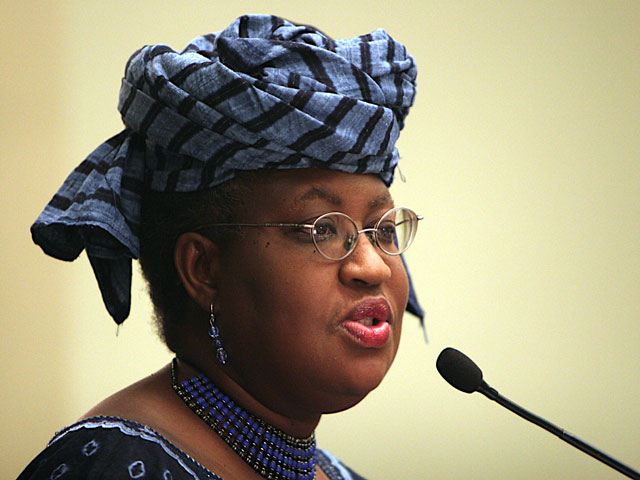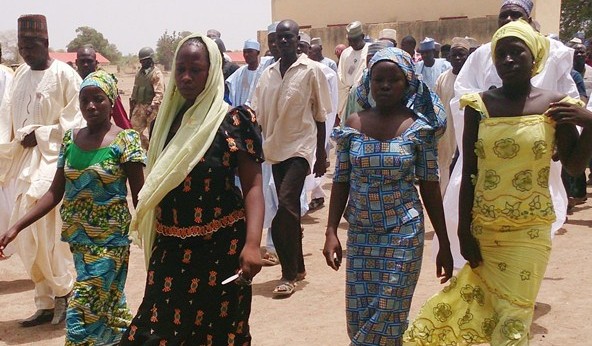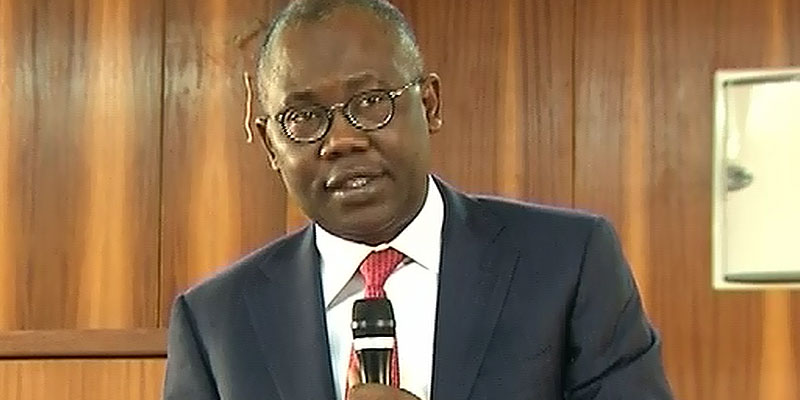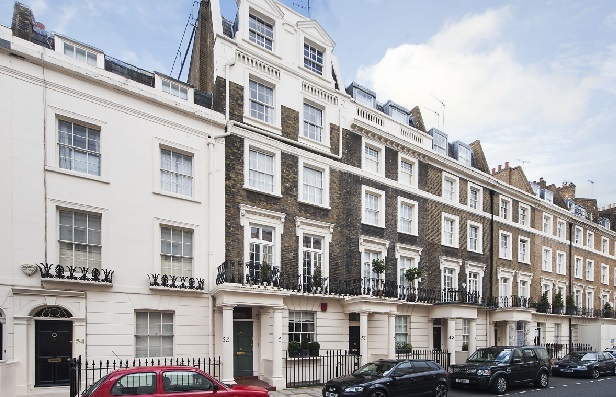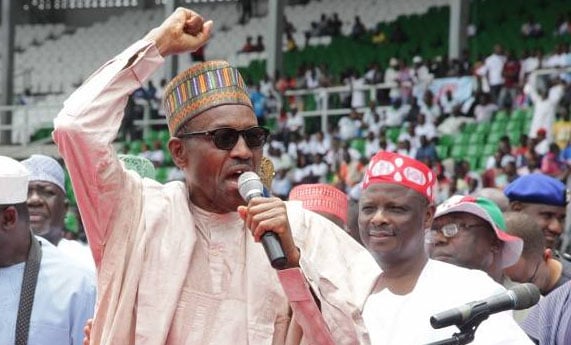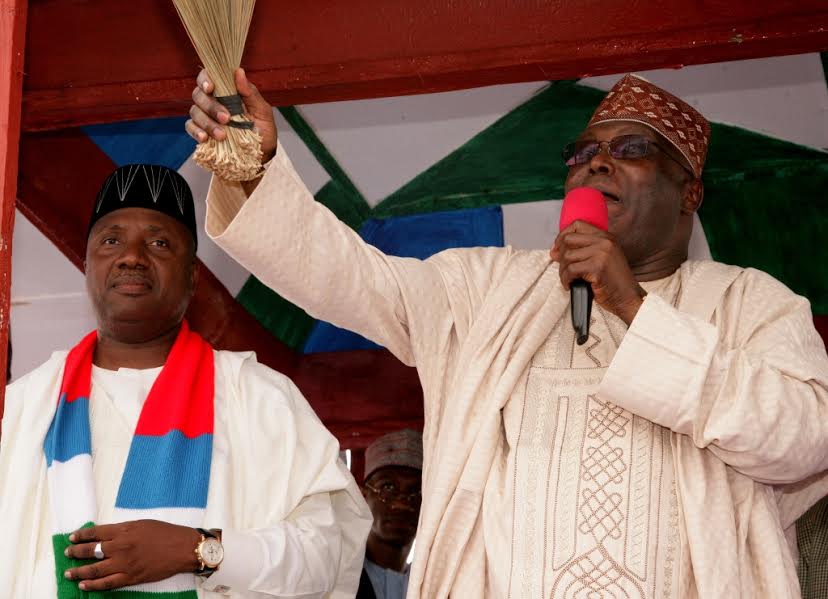Ngozi Okonjo-Iweala, the coordinating minister for the economy and minister of finance, has warned that a sustained drop in the price of crude oil will force the federal government to adopt painful cost-cutting measures.
In an interview with the London-based Financial Times (FT) newspaper, the minister said: “We will have to look very hard at recurrent expenditure, and identify overlapping agencies. When the price is heading down, everyone sees the necessity but that doesn’t stop them from hating you.”
Okonjo-Iweala agreed, however, that lower oil prices would provide a stronger incentive to government to rein in oil theft – which has cost billions of dollars a year – and help to drive through stalled oil sector legislation to stimulate production.
She revealed that should the oil price dip below $78, Africa’s leading oil producer would have to draw down on the excess crude account (ECA), a fund she set up during a previous tenure as finance minister, to gather savings above the budgeted oil price.
Advertisement
“Our intention is not to run in there and raid it,” she said.
“But even if prices continue to go down, we can survive sufficiently for two to three months. That is the time needed to get other measures in place. What you don’t want is a hard landing.”
Nigeria was in a much stronger position last time the world price of oil tumbled, with about $22 billion saved in the ECA. That saving helped the country weather the 2008 global financial crisis with economic output relatively unhurt, she explained.
Advertisement
But during the recent boom years, the government has persistently used the ECA, dividing out the proceeds among the 36 states in the federation, which are constitutionally entitled to their share.
“Our buffers are slimmer this time,” Okonjo-Iweala acknowledged, adding that there is about $4 billion in the ECA at present, $2 billion short of the recommendation of the International Monetary Fund (IMF).
“A sustained slump in world oil prices would therefore necessitate either greater borrowing to finance the deficit, or budget cuts. Nigeria also holds foreign reserves equivalent to $39 billion. These have come under recent pressure as the Central Bank of Nigeria (CBN) has stepped in to prop up the naira, but it still cover nine months worth of imports.
“On the fiscal side, we need to ramp up our non-oil revenues,” Okonjo-Iweala said.
Advertisement
To this end, the consulting firm McKinsey, has been carrying out an extensive review of revenue services in order to identify potential gains.
Nigeria’s ratio of non-oil tax revenues to GDP, at 4.5 per cent, is among the lowest on the continent.
McKinsey helped South Africa broaden its tax base to the tune of about $3bn and Okonjo-Iweala is optimistic that similar gains were possible over the longer term in Nigeria.
Okonjo-Iweala said she was encouraged by an exhaustive data review, which saw Nigeria’s economy overtake South Africa’s as the continent’s largest, showing that the economy had diversified to a much greater extent than previously thought.
Advertisement
“In an oil country, you can never feel at ease exactly,” she said.
“But I feel we can master this situation because we have a diverse base.”
Advertisement
Advertisement
Add a comment
